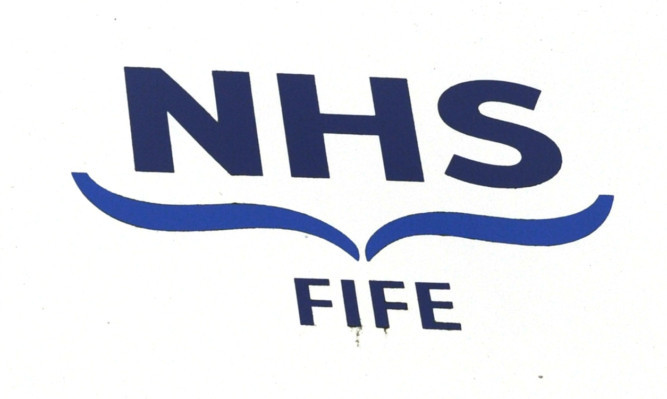A new strain of clostridium difficile that was linked to the deaths of three hospital patients in Fife has given rise to a fourth case.
NHS Fife have confirmed that a fourth C diff sample has tested positive for the new 332 ribotype. The sample relates to a patient who was treated for C diff infection in April.
The patient has recovered fully and has since been discharged home. No other cases of C diff infection with the ribotype 332 have been identified.
Dr Gordon Birnie, medical director for the operational division, said: “A routine laboratory look-back exercise has been undertaken in Fife following identification of the new sub-strain, which has involved the testing of all C difficile samples not already ribotyped.
“Results from this testing show that only one further sample tested positive for the 332 ribotype, bringing the total number of cases in Fife to four.
“This new strain does not change the existing level of risk to the public from C difficile infection and there are no additional precautions or areas of concern.”
Last month NHS Fife defended its decision not to go public about a new strain of clostridium difficile linked to the deaths of three hospital patients.
The health board said it stalled on confirming rumours that Fife hospitals were at the centre of an outbreak because relatives had to be prepared for the media interest that would follow.
The board’s reluctance to release information, or identify the hospitals where the cases occurred, was questioned by Professor Hugh Pennington. He warned that lack of transparency could damage public confidence.
News of the new strain of C diff only emerged last month after Health Protection Scotland reported there had been two linked deaths at a Scottish hospital in December and January, and a third death at another hospital within the same NHS board last month.
It was the first time the strain, called ribotype 332, had been reported anywhere in the world. NHS Fife later confirmed it was the board in question but did not identify which hospitals had been involved.
It refuses to do so on grounds of patient confidentiality.
